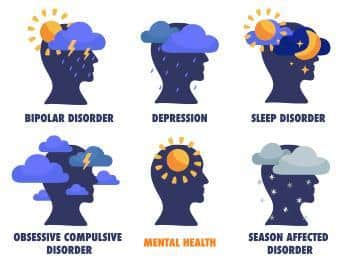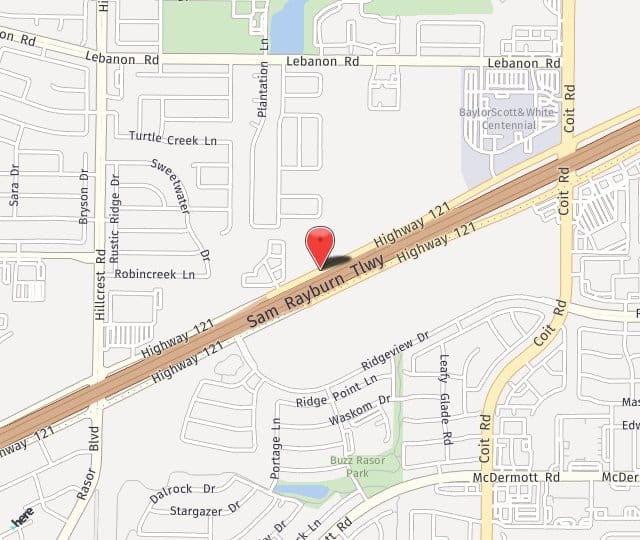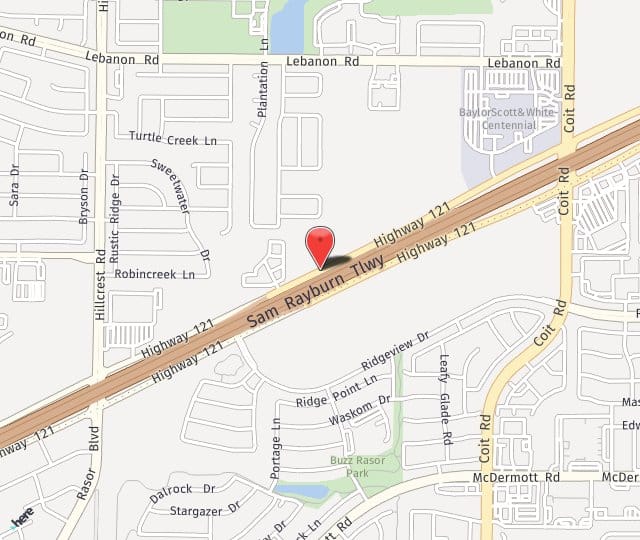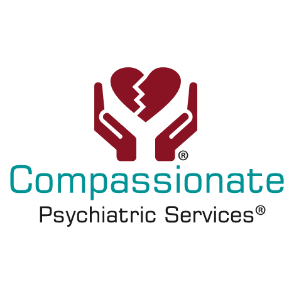
Obsessive-compulsive disorder (OCD) is a pattern of unreasonable thoughts and fears (obsessions) that lead you to do repetitive behaviors (compulsions). The obsessions and compulsions interfere with daily activities and result in significant distress in personal and other aspects of life. Most patients try to ignore or stop the obsessions, but it only increases their distress and anxiety. Ultimately, they feel driven to perform compulsive acts to try to ease their stress. Despite efforts to ignore or get rid of these bothersome thoughts or urges, they keep coming back. This leads to more ritualistic behavior resulting in the vicious cycle of OCD.
OCD often centers around certain themes — for example, a fear of getting contaminated by germs. To ease your contamination fears, you may compulsively wash your hands until they're sore and chapped.
If you have OCD, you may be ashamed and embarrassed about the condition, but treatment can be effective.
Frequently Asked Questions (FAQ's) on Obsessive Compulsive Disorder (OCD)
1. What is OCD?
Obsessive-compulsive disorder (OCD) is an illness that causes people to have distressing, intrusive, irrational thoughts, images, or impulses (i.e., obsessions) and to perform repetitive behavioral or mental acts (i.e., compulsions). This is aimed at reducing distress or preventing some dreaded situation.
2. What are Obsessions?
Obsessions are:
Persistent and recurrent thoughts, urges, impulses, or images that are inappropriate and intrusive. These thoughts can cause feelings of anxiety, distress, or disgust.
Obsessions are not just excessive worries about real-life problems. The patient tries to suppress or ignore the obsessions or to neutralize them with a different thought or behavior
The patient recognizes that the obsessions are not based on reality.
Examples of Obsessions include Fears of contamination or germs, Fears of harming oneself or others, Concerns about order and symmetry, Unwanted sexual or religious thoughts.
3. What are Compulsions?
Compulsions are:
Repetitive behaviors or mental acts that the patient feels driven to perform according to strict rules, or to bring down anxiety, or to prevent a feared event or situation.
The compulsions are clearly excessive or are not connected in a realistic way with what they are supposed to neutralize or prevent. Examples of Compulsions: Excessive hand washing or cleaning, Excessive checking (e.g., locks, doors, stoves, etc.), Ordering and arranging, Counting, praying, or repeating words silently to oneself.
4. What is the prevalance and onset for OCD?
OCD most often onsets in adolescence or early adulthood, but can, for many begin in childhood. OCD is a chronic disorder that can wax and wane with stress. In adults, the lifetime prevalence of OCD is approximately 2.5%.
5. How is OCD treated?
OCD can be effectively treated with a combination of medication and Cognitive Behavioral Therapy. At Compassionate Psychiatric Services, we employ a team of highly skilled professionals trained in assessing, diagnosing, and treating Obsessive-Compulsive Disorder.
If you think you or a loved one is struggling with symptoms of OCD, please give us a call today at 469-200-4093.
6. Do you know which significant cities Compassionate Psychiatric Services offer its mental health services to?
Compassionate Psychiatric Services range from anxiety, depression, post-traumatic stress disorder (PTSD), addiction, trauma, eating disorders to numerous other mental health conditions and are offered to all our patients in the following city locations:: Dallas, The Colony, Richardson, Flower Mound, Lewisville, Prosper, Irving and Arlington.




